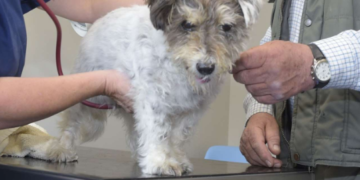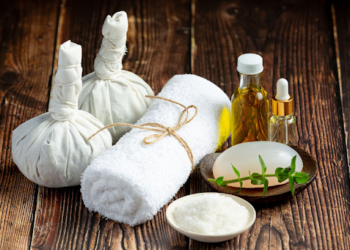Giving up dangerous drug misuse and taking back control of your life is a life-changing process that requires dedication, introspection, and calculated action. An all-encompassing strategy that tackles the psychological and emotional as well as the physical components of the habit is necessary to break free from the bonds of addiction. This thorough article will teach you six essential steps to help you take back control and clear the path to a life free of drugs and unhealthy habits.
Acknowledge the Problem: Confronting the Reality
The first and most important step on the road to recovery is admitting that drug addiction has taken over your life. This entails acknowledging the unpleasant truth of your circumstances and coming to terms with the fact that a change is required for your well-being. Denial often turns into an impenetrable barrier to healing. You can persuade yourself that drug abuse is something you can handle or that it is a stress-reduction strategy. But the first step towards taking back control is acknowledging the reality. Think about how drug misuse affects your relationships, career, and general quality of life to start. Think back to the times when using drugs had unfavorable effects. This self-awareness is intended to spark a deep knowledge of the need for change rather than to arouse guilt.
Seek Professional Guidance: A Vital Support System
It’s critical to seek expert advice for a successful recovery after you’ve identified the problem. You can search for drug rehab in San Antonio to find high-quality care. A medical provider can help you investigate the underlying reasons for your addiction and treat any problems that may be contributing to your reliance. At this point, a treatment plan that is customized to your unique circumstances is essential. This might include a mix of therapeutic modalities or individual counseling.
Establish a Solid Support Network: Strengthening Connections
Creating a strong support system is essential to tackling drug addiction. Be in the company of people who comprehend and encourage your recuperation process. Tell your loved ones about your objectives, and ask for their support and empathy. A support system may remind you of your commitment to change and provide emotional support when things are tough. Joining 12-step programs or support groups might help you connect with others going through similar experiences. These associations provide a feeling of belonging, common ground, and insightful knowledge.
Embrace Healthy Habits: Nourishing Your Mind and Body
Rebuilding your life requires forming healthy habits as you go out on your recovery journey. Put your attention on taking care of your body and mind to enhance general well-being. Include regular exercise in your routine; studies have shown that physical activity releases endorphins, the body’s natural feel-good chemicals, which have been found to lessen cravings and enhance mood. Make eating a healthy, well-balanced diet a priority to aid in your body’s healing process. Restoring important nutrients is necessary for recovery from substance usage, which often harms physical health.
Develop Coping Strategies: Building Resilience
One of the most important parts of taking back control is learning useful coping mechanisms to get through life’s obstacles without turning to drugs. Determine the factors that lead to your drug usage and collaborate with experts to create specialized coping strategies. These tactics might be cognitive-behavioral aids, stress-reduction methods, or mindfulness exercises. It’s critical to comprehend the underlying emotions causing your addiction throughout this procedure. By treating emotional distress and acquiring more constructive coping mechanisms, you strengthen your resistance to relapse.
Set Realistic Goals: A Roadmap to Success
Regaining control over your life requires setting reasonable and doable objectives. Decide on short- and long-term goals that complement your sober commitment. These objectives should serve as a clear road map for your trip by being precise, quantifiable, and time-bound. Acknowledge little accomplishments along the road to strengthen your development and resolve to make changes. Think about the areas of your life—your relationships, your work, and your personal development—that drug addiction has impacted. Describe the areas you see needing improvement and provide a plan of action to get there.
Conclusion
Regaining control over your life after abusing hazardous substances is a complex process that requires commitment and planning. Admit the issue, get help from a professional, build a strong support system, adopt healthy behaviors, create coping mechanisms, and make reasonable objectives. Recall that this adventure is proof of your fortitude and tenacity. With every step you take toward a life free from the bonds of addiction, satisfaction, and empowerment are just around the corner.






























































